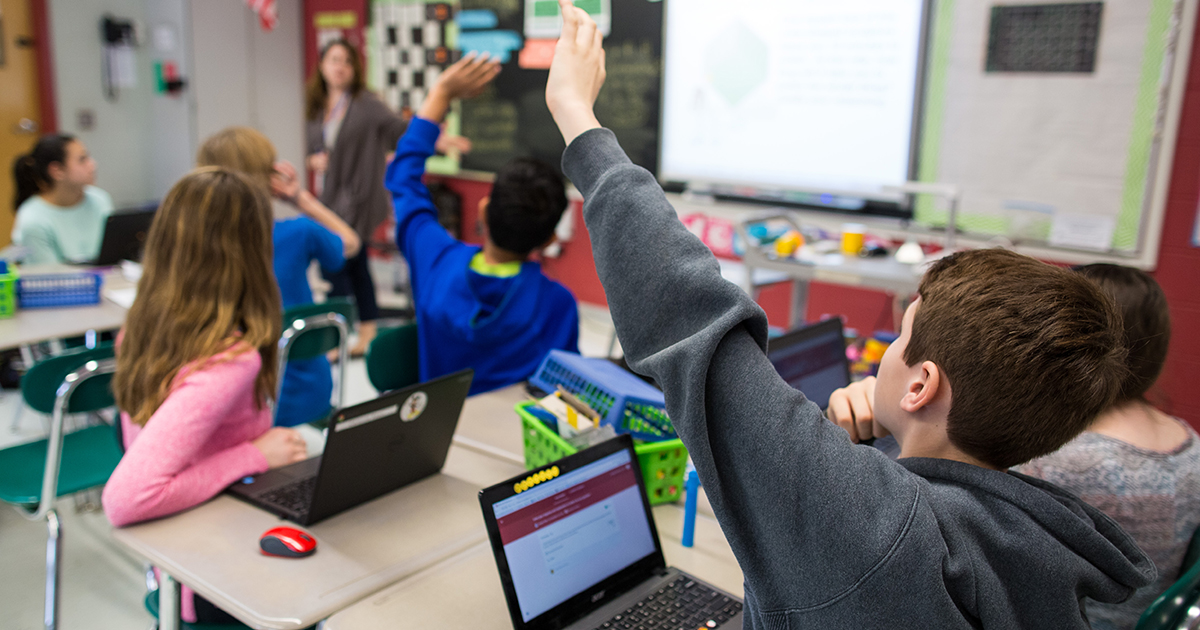
[dropcap]The [/dropcap]great debate rages on; whether same-sex schools are better than mixed schools. The topic has been discussed for years. Are same-sex schools too old fashioned for our modern times? Do students do better in same-sex schools than in mixed schools?
When thinking about same-sex schools, an important question is whether it prepare you for interacting with different genders later on in life. Same-sex schools can often make it harder for people to learn how to interact with the opposite gender in college. It may also make it difficult for students when they go into a work place, be it part time or full time.
There are also the teachers to consider when thinking about same-sex schools. Do teachers find it easier to teach at same-sex schools or mix schools? A teacher who has taught in a same-sex school and a mixed school told The College View that “there should no difference in same-sex schools or mixed schools once the establishment is well managed.”
According to this teacher, the way a school is managed and how good the behaviour is should be the deciding factor.
Similarly, greatschools.org say that, “Few educators are formally trained to use gender-specific teaching techniques. However, it’s no secret that experienced teachers usually understand gender differences and are adept at accommodating a variety of learning styles within their mixed-gender classrooms.”
No teacher learns how to teach just boys or just girls so teaching practices should not be affected by whether they are teaching in a same-sex school or a mixed school, according to the website.
“Gender differences in learning aren’t the same across the board; they vary along a continuum of what is considered normal.”
On Debate.org there was a poll done on whether same-sex schools are a good idea: 35 per cent agreed and 65 per cent said disagreed.
Mixed schools give children the social skills they need to interact with different genders, and they are also far less competitive and less pressured than same-sex schools.
However, according to BBCArchive “Some research into gender differences in learning even looks at how girls and boys respond differently to changes in temperature, suggesting that girls prefer warmer rooms while boys prefer to learn in cooler conditions. Single-sex schools make it possible to adapt the learning environment to suit the differing needs of boys or girls.” Single-sex schools give students more comfort in trying to learn subjects that they want, according to the archive.
There are both positives and negatives to both sides of this debate and it may rage on for a number of years before officials definitively decide which is best for students.
Aine Conaty
Image Credit: Google for Education



